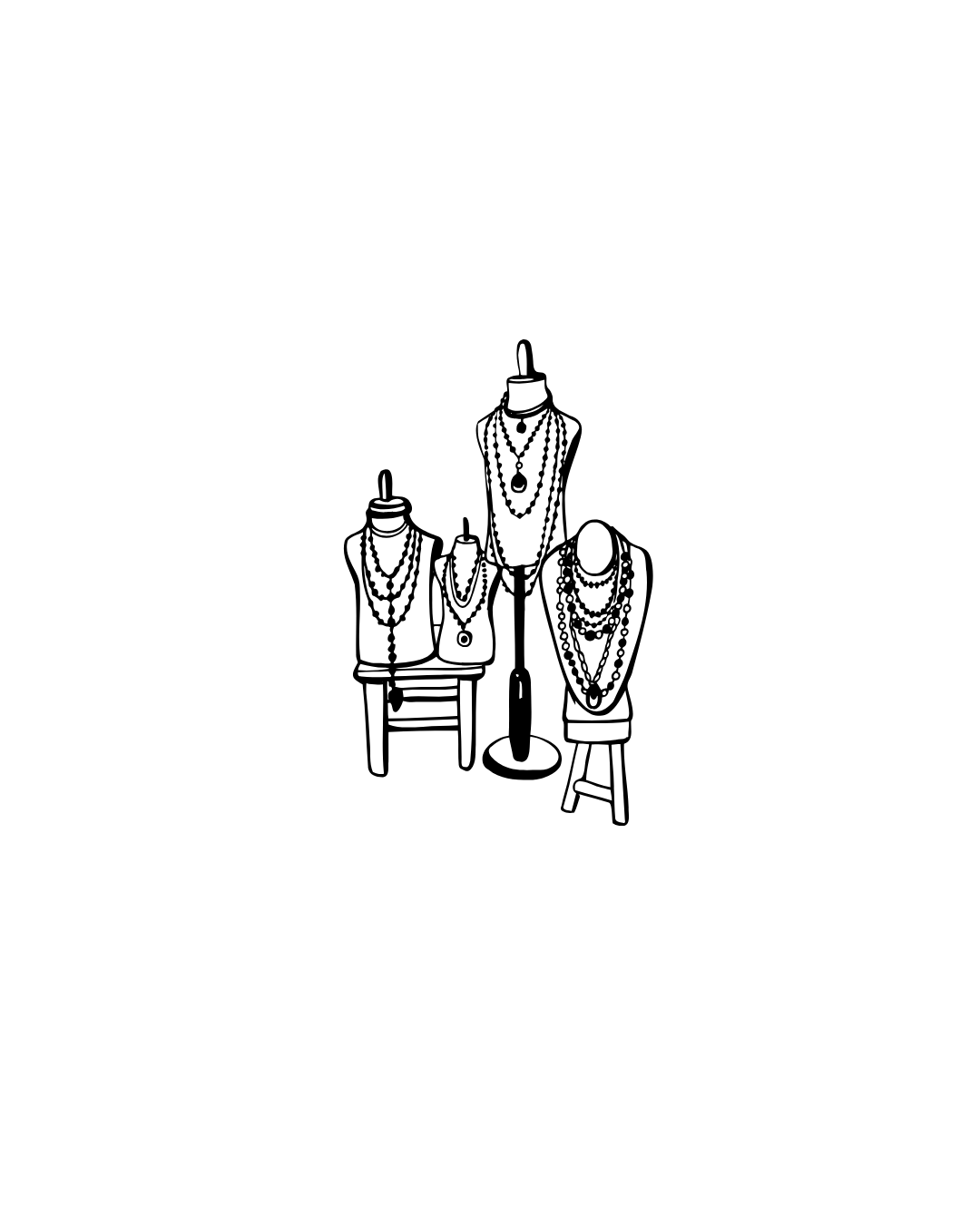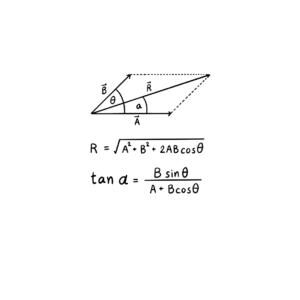Description
A Bachelor of Science (B.Sc) (Honours) in Textile Designing is an undergraduate program that focuses on the design and development of textiles and fabrics. This program combines artistic creativity with technical skills, preparing students for careers in various sectors, including fashion, interior design, and product development.
Program Overview
Duration: Typically takes 3 to 4 years to complete, depending on the institution and country.
Mode: Offered in full-time, part-time, or online formats.
Eligibility: Generally requires a high school diploma with a focus on art and design; portfolios may be required for admission.
Core Curriculum
The curriculum for a B.Sc (Honours) in Textile Designing usually includes a blend of theoretical knowledge and practical skills. Key subjects often covered include:
Textile Science: Study of fiber types, yarn production, fabric construction, and textile properties, including their physical and chemical characteristics.
Surface Design: Techniques for creating patterns on fabrics, including printing, dyeing, embroidery, and other surface embellishment methods.
Textile Manufacturing Processes: Overview of various methods involved in textile production, including weaving, knitting, and non-woven textiles.
Color Theory: Understanding color theory and its application in textile design, including color mixing and matching in fabric design.
Fashion Illustration: Techniques for illustrating textile designs and fashion concepts through drawing and digital media.
Computer-Aided Design (CAD): Training in textile design software for creating patterns, layouts, and simulations of fabric designs.
Sustainable Textiles: Exploration of eco-friendly materials and practices in textile design, focusing on sustainability and ethical production.
Product Development: Understanding the process of developing textile products from concept to market, including sourcing, evaluation, and production.
History of Textiles: Study of the historical development of textiles, including traditional techniques and cultural significance.
Skills Developed
Creative Design Skills: Ability to conceptualize and create innovative textile designs that reflect current trends and consumer preferences.
Technical Skills: Proficiency in textile manufacturing techniques, surface design processes, and the use of relevant tools and equipment.
Digital Proficiency: Skills in using CAD software for designing textiles and managing production processes.
Problem-Solving Skills: Ability to identify and resolve challenges related to design, production, and material selection.
Market Awareness: Knowledge of market trends and consumer behavior in the textile and fashion industries.
Career Opportunities
Graduates with a B.Sc (Honours) in Textile Designing can pursue several career paths, including:
Textile Designer: Creating original designs for fabrics and textiles used in fashion, upholstery, and other applications.
Surface Pattern Designer: Specializing in the development of patterns for textiles, wallpapers, and home decor.
Fashion Designer: Designing clothing and apparel, integrating textile selection into their creative process.
Production Manager: Overseeing textile production processes, ensuring efficiency and quality in manufacturing.
Textile Technologist: Working with manufacturers to improve textile production methods and quality control processes.
Merchandiser: Handling product development, marketing, and sales strategies for textile products in retail or wholesale sectors.
Sustainability Consultant: Focusing on the development and promotion of sustainable practices and materials in the textile industry.
Benefits of Pursuing a B.Sc (Honours) in Textile Designing
Interdisciplinary Approach: Combines design, technology, and materials science, providing a comprehensive education in textile design.
Industry-Relevant Skills: Prepares students with both the creative and technical skills needed to thrive in the textile and fashion industries.
Opportunities for Innovation: Encourages experimentation with textiles and new technologies, allowing students to contribute to industry advancements.
Additional Considerations
When considering a B.Sc (Honours) in Textile Designing:
Accreditation: Ensure that the program is accredited by relevant educational authorities and meets industry standards.
Hands-On Experience: Look for programs that emphasize practical training through workshops, internships, and collaborations with industry professionals.
Portfolio Development: Focus on building a strong portfolio throughout the program, as this is essential for job applications and career advancement.
If you have any specific questions about the program, its courses, or potential career paths in Textile Designing, feel free to ask!









